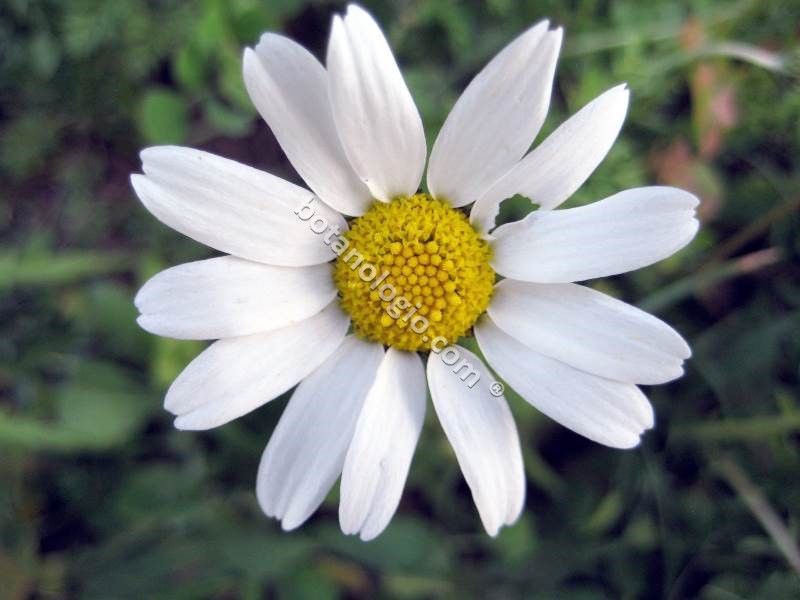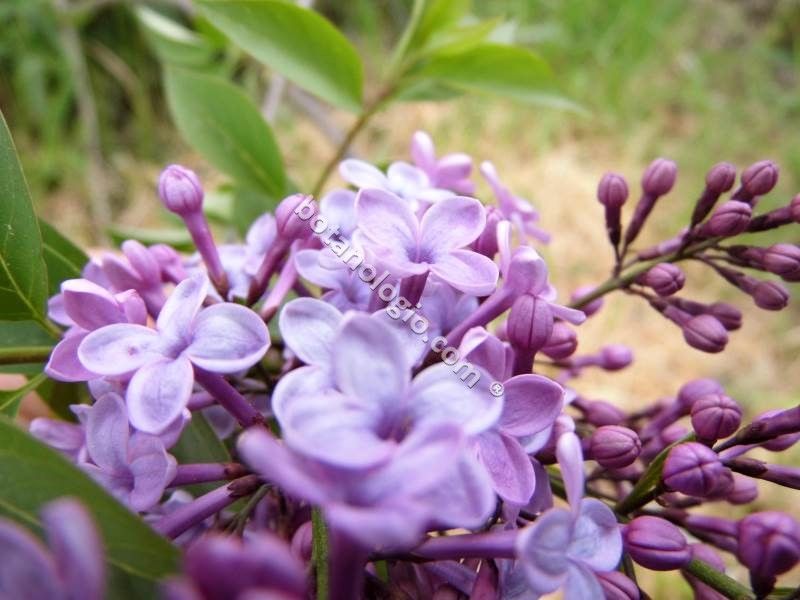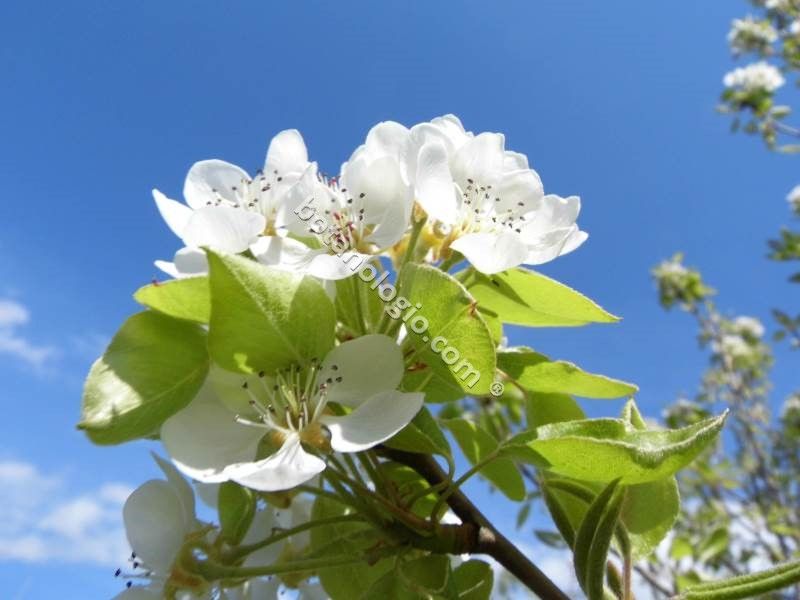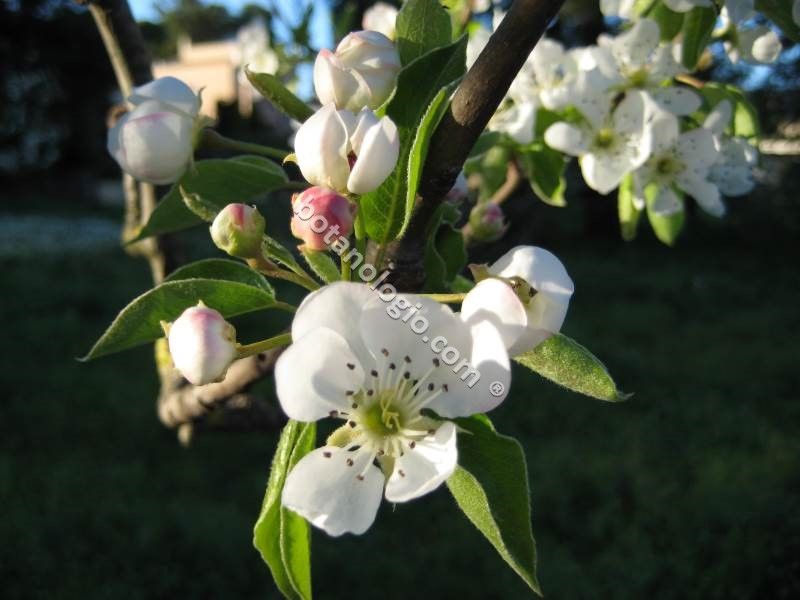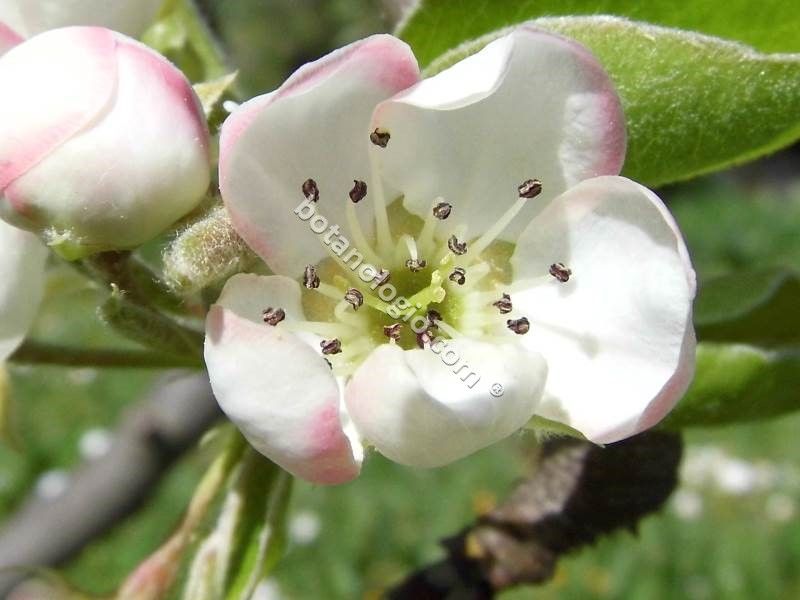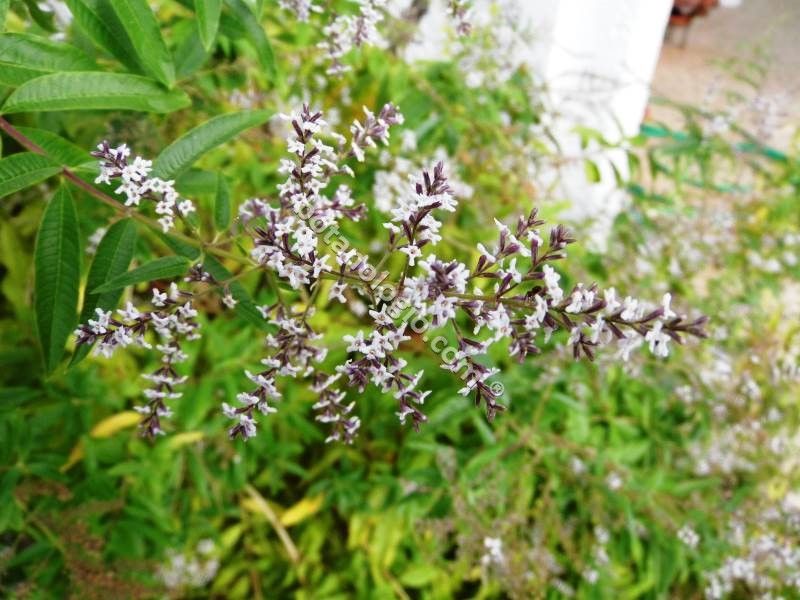Hazardous ingredients I Part 2

Following Article Hazardous ingredients Part 1
Methylisothiazolinone: Causes allergic reactions and skin irritation, even dermatitis. It is known to be toxic to the epidermis.
Parabens: They are used to prolong the life of cosmetic products and can be found in 99% of consumer products, pharmaceuticals, as well as “biological – natural”. Parabens are derivatives of petroleum and cause allergies and intense skin irritation while they are also toxic. In their composition they contain a female hormone substitute called xenoestrogen, ie false estrogen. Through the skin they are absorbed and produce hormonal disorders from an early age, which in the long run cause fertility problems, testicular and breast cancer.
Paraffin: Also a petroleum derivative in the form of wax or oil, known as paraffin oil. It is used in many cosmetics and is toxic. It causes irritation to the eyes and skin when it comes into contact. It blocks the pores and creates black spots.
PVP: Harmful by inhalation and absorption by skin. It causes irritation to the eyes. Irritates mucous membranes and upper respiratory tract. It is among the components that can cause carcinogenicity.
Propylene Glycol: Oil Derivative, used to moisturize the skin. You can find it in a wide range of cosmetics. It increases the acid levels in the body, causing problems in metabolism, liver and kidneys. Also likely to cause allergic reactions. It works by giving a sense of coolness and moisture while actually absorbing moisture from the lower layers of the skin. It should be noted that in order to have side effects and corresponding symptoms, it is necessary to consume very large quantities.
Caustic Sodium: You will find it mainly in cosmetic cleaners such as soap and shampoo. It is a component that was used to unblock drains. In large quantities it can cause burns and irreversible damage to the body. But in the specific ingredient as well as in caustic potash, we can not blame. The most natural and healthy soap, like Marseille or green soap, to make the oil-water combination requires small amounts of caustic soda which after maturation of soap, can not harm the body.
Sodium Laureth sulfate: It forms carcinogenic nitrogen compounds when combined with specific ingredients. It is used in shampoos and other cosmetics as a cleanser. It causes irritation to the eyes and lungs, rashes and irritation to the skin, and even hair loss. It is harmful if swallowed and can cause serious damage to the eyes.
Tallow: is produced from animal fat. It is unsuitable for vegetarians and can cause irritation to the skin. It is used in many cosmetics for everyday use. Causes skin irritation. The fact that the origin of the animal fat from which it is produced is unknown, makes the use of products containing it dangerous.
Toluene: Found mainly in products for nails and nail polish remover. It is produced during the production of petrol and other crude oil and coal fuels. It evaporates into the atmosphere when the products containing this ingredient remain open. It can affect the nervous system and causes a feeling of fatigue, confusion, weakness, nausea and anorexia.
Due to the fact that we can not avoid the use of cosmetics and especially everyday and necessary such as soap, toothpaste or sunscreen, it is advisable to carefully study the ingredients contained in the cosmetics we buy. The use of natural cosmetics in which the ingredients are detailed is the best solution, and lets just not have the perfect aroma or color we find in a cream with the above ingredients.
Read all the hazardous ingrendients part 1!
allergic reaction, carcinogenic cosmetics, chemical cosmetics, dangerous cosmetics, dangerous ingredients, dermatitis, natural cosmetics, non-vegetarian cosmetics, parabens
